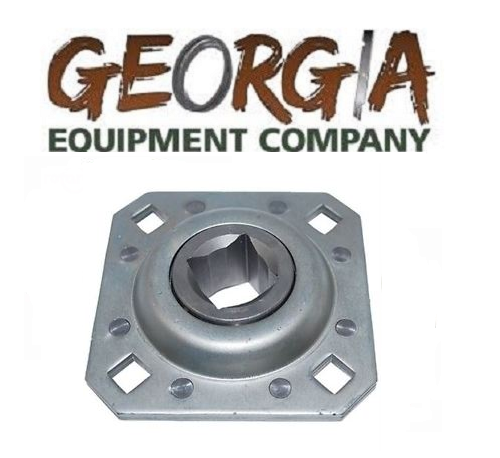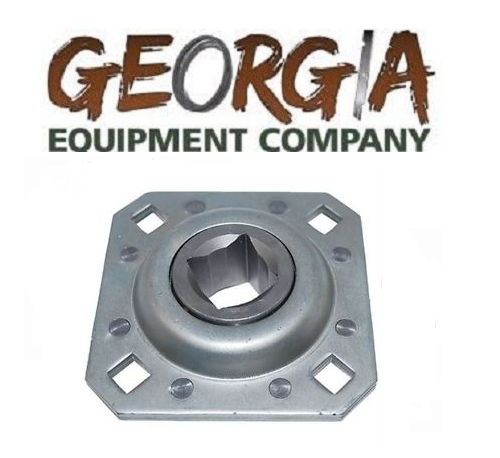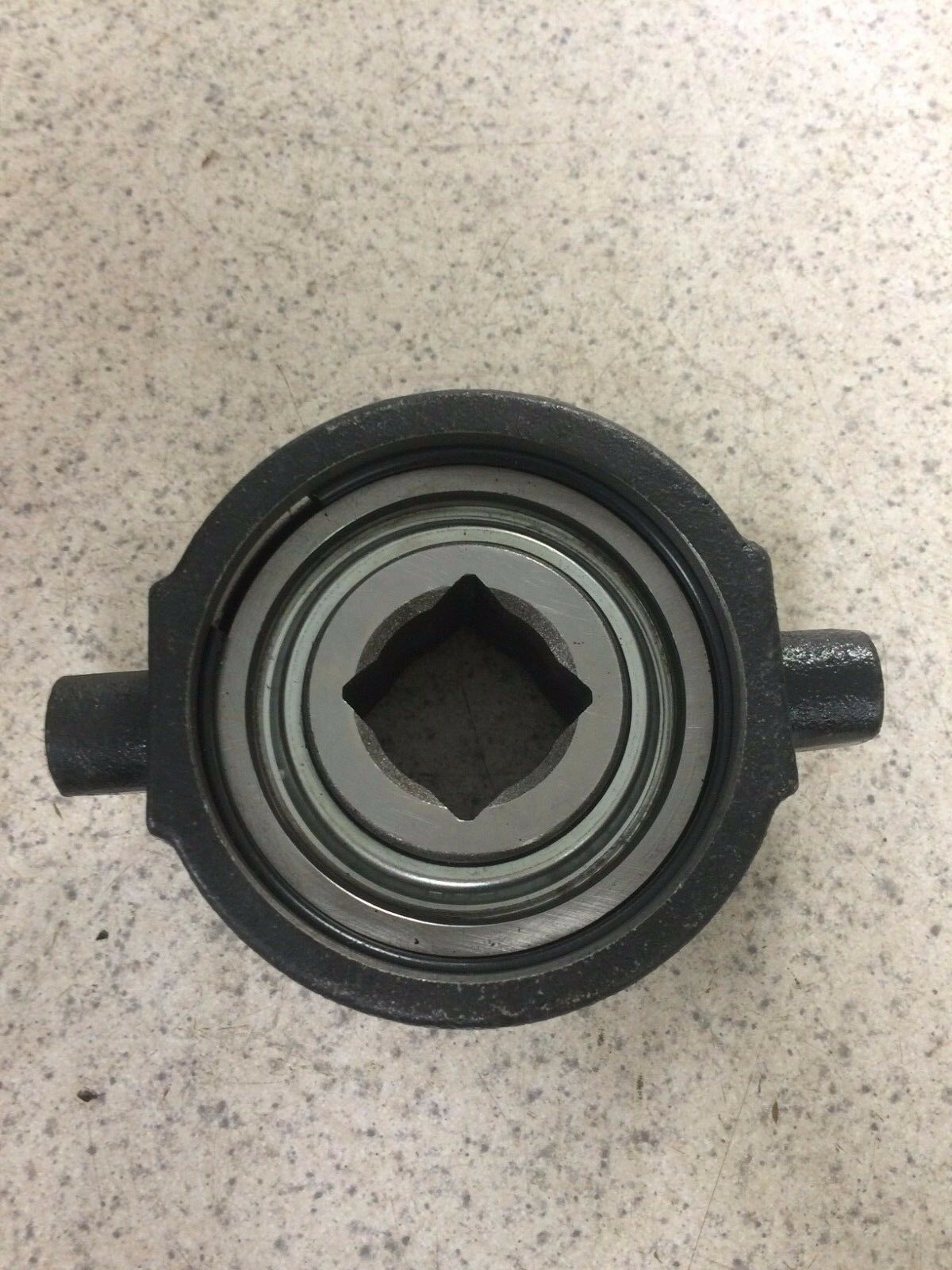-40%
2 of 16" Smooth Disc Harrow Blades Dual-Punched 1" x 1-1/8" Square 11 Gauge
$ 39.57
- Description
- Size Guide
Description
Disc Harrow Blade is an implement for breaking up and smoothing out the surface of the soil. In this way it is distinct in its effect from the plow, which is used for deeper tillage.Our eBay Store
About Us
Contact Us
Add to Favorite Sellers
2 of 16" Smooth Disc Harrow Blades Dual-Punched 1" x 1-1/8" Square 11 Gauge
74.95
When you’re purchasing a new disc harrow, you’ll need to decide what style of blades will be the best fit for your operation: cutout (notched) blades or smooth (solid) blades. Which you choose comes down to what soil type you’ll be operating in and the amount of vegetation or residue you’ll be cutting through. Sandy, loose, typically dry soils are inherently easier to cut through. In these soil types and conditions, smooth blades are a logical fit. They’ll slice through the soil like a knife with a continuous plowing action, leaving an even, level soil surface. If Mother Nature has been cooperating, the field may not require another pass with a bedding hipper or roller to smooth it out before planting. Did you know? Because they have more surface area, smooth blades wear better than cutout blades. They are also heavier, lending more cutting power to the unit as a whole. Heavy, wet, “gumbo” soils are likely to require cutout blades to work the soil adequately. A cutout blade will work through the heavier soils with less gumming up because it keeps rotating, leaving a more irregular surface with larger clods. A second pass with a seedbed preparation tool will be necessary to prepare the soil for planting. Cutout blades also power through heavier crop residue more easily than smooth blades, and are a good choice if you’re working ground for the first time and will be encountering tree roots and other tough vegetation. A cutout blade will help cut and toss the root systems for better residue breakdown. Discs for construction operations almost exclusively feature cutout blades because of the high-residue situations and variety of conditions they are expected to perform in. To get the best of both worlds, consider going with a disc harrow with the best of both worlds: cutout blades on the front to work through tougher residue or wet soil and smooth blades on the back for a smoother finish. This setup works very well for pasture re-seeding; after cattle have compressed the dirt, cutout blades are needed to effectively break the surface, but smooth blades on the back finish the soil just enough for rye-grass seeding—no second pass to further smooth the soil required in most conditions.









